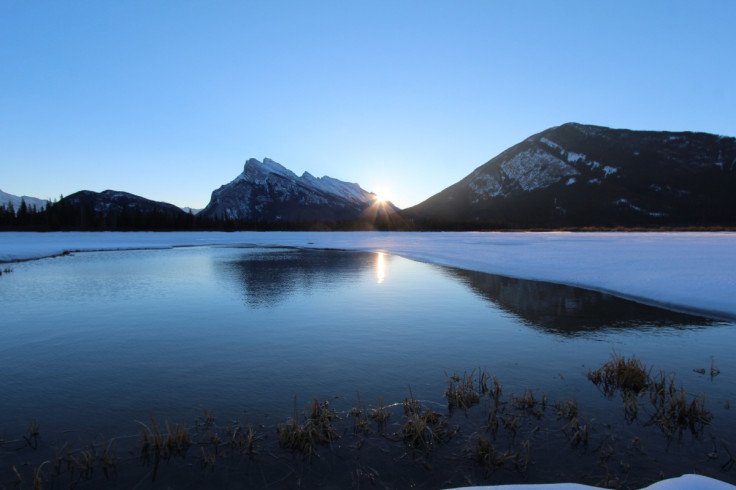Climate change: Warming lakes threaten underwater ecosystems

The largest study of freshwater climate change has shown that lakes are increasing in temperature, threatening the ecosystem. Scientists found that, on average, lakes are warming quicker than the atmosphere and the ocean.
The researchers, from Washington State University, found that the lakes were warming at a rate of 0.61F every decade. Some measurements showed lakes increasing temperature at a rate of over 2F.
Catherine O'Reilly, lead author of the report and researcher from Illinois State University, said: "These results suggest that large changes in our lakes are not only unavoidable, but are probably already happening."
The main concern for scientists is the increase in algal blooms − large growths of algae that cover the lake's surface − as a response to the warmer lakes. Algal blooms starve the lake of oxygen, meaning any life that relies on it – including fish and other water-dwellers – would eventually die. The amount of algal blooms that are observed are expected to increase by 20% over the next century.

"Society depends on surface water for the vast majority of human uses," said Stephanie Hampton, researcher on the study. "Not just for drinking water, but manufacturing, for energy production, for irrigation of our crops. Protein from freshwater fish is especially important in the developing world."
The research, published in Geophysical Research Letters, analysed the temperatures of 235 lakes – over half of the world's freshwater sources – over a period of 25 years. This is the largest study of its kind, which used both satellite temperature data and hand-held measurements.
Some of the world's most popular lakes showed rapid warming, including the Dead Sea – 1.13F warming over 10 years, Lake Tahoe – 0.97F warming, and Lake Superior, which had the largest average warming of 2.09F per decade.
Previous studies have suggested similar results, but on a smaller scale. These new results reaffirm other findings that lakes at high altitudes are warming at the quickest rate – about 1.3F on average.
The researchers came to the conclusion that: "The pervasive and rapid warming observed here signals the urgent need to incorporate climate impacts into vulnerability assessments and adaptation efforts for lakes."
© Copyright IBTimes 2025. All rights reserved.






















